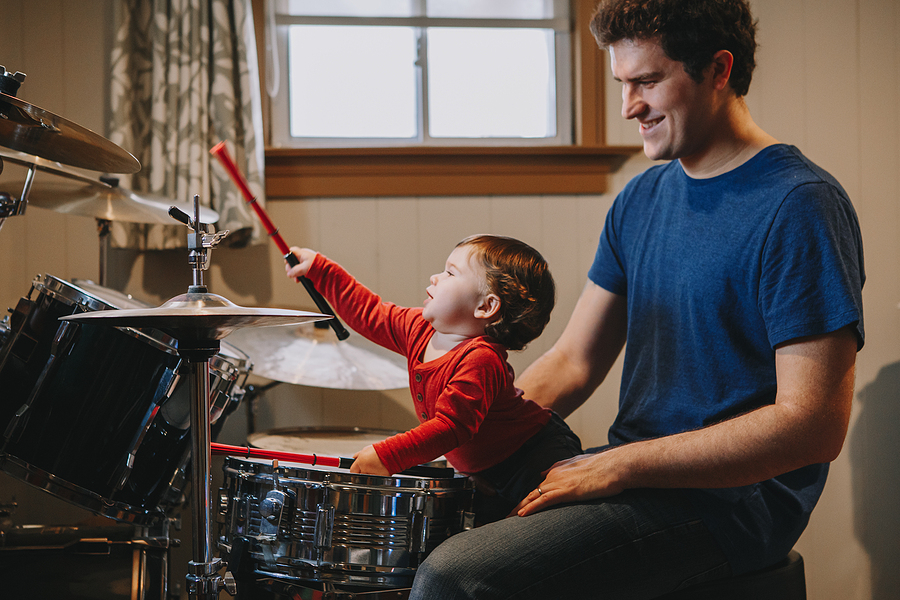How to Make Learning the Drums More Fun for Your Child

Learning to play a musical instrument can be challenging for children. For many, getting started can be difficult because it’s unfamiliar and unlike anything they have ever done. Children may be self-conscious about making mistakes or being perceived as uncool by their peers.
If you have a child who wants to learn to play percussion instruments, you may be wondering what the best options are for them. Drums lessons for kids are an excellent place to start for those who want to begin exploring music theory and developing motor skills in their hands and fingers. Here are 5 tips for making drumming fun and accessible for kids.
1. Set a good example
Children frequently mimic their parents’ actions. If your child sees you practising your musical instruments, they’re much more likely to follow in your footsteps. If you don’t play regularly, your child may not be interested in learning how to play either.
If you’re trying to get your child interested in learning to pick up a musical instrument, you should attempt it yourself first. This may assist you in setting a positive example that your child will undoubtedly notice. If you have an instrument lying around the house, consider dusting it off and plugging it in. You may be surprised at your child’s enjoyment of hearing you play.
2. Go electronic
Electronic drums are available at several price points and with varying degrees of sound variation and control. In addition to standard acoustic drum sounds, many models allow you to trigger digital samples and build your own custom kits. Electronic drum sets can even be played with acoustic drumsticks or with special electronic drum pads that feel and sound very similar to acoustic drums.
3. Try a drumming game
If you have a child who is interested in playing the drums but who may not have the patience to practice, one option is to try a drumming video game. These games allow you to interact with the virtual drums in fun ways and often feature different challenges that require you to use real drumming techniques. As a result, playing these games may assist your youngster in developing their playing skills without them realising it.
4. Start with a small kit
If your child is particularly unruly, you may want to start with a smaller kid-sized drum kit. These kits will produce less sound than a full-sized kit, making them ideal for children who live in flats or whose parents have issues with noise.
You can even find miniature drum kits with built-in drum pedals so your child can play them like a standard drum kit. These are especially useful for young children who may lack the skill to play a full-sized drum set. If you have a small child, you may want to check at smaller drum sets built for children as young as two years old.
5. Encourage practice
Learning to play the drums and other instruments are challenging and often feels frustrating at first. Children may be tempted to give up after a few frustrating sessions. If you’re lucky, your child will show great interest and enthusiasm for the drums from the beginning. If not, don’t push them to continue. The best thing you can do is encourage them to keep plugging away. Children who persevere are more likely to continue playing their musical instruments than those who give up after one or two frustrating practice sessions.
Conclusion
Drums are a great place for children to begin. They provide numerous advantages to children of all ages, including enhanced hand-eye coordination, improved rhythm, and higher focus. Drums are also relatively affordable and, most importantly, fun to play!
Here at Drum Tutor, we offer an extensive selection of engaging beginner drum lessons for all ages and levels, including kids. Our curriculum is designed to accommodate both learners who are just starting and those looking to advance their skills. With our lessons, you or your child can learn to play the drums at your own pace and according to your abilities. To learn more about our engaging music programmes, don’t hesitate to contact us today!

